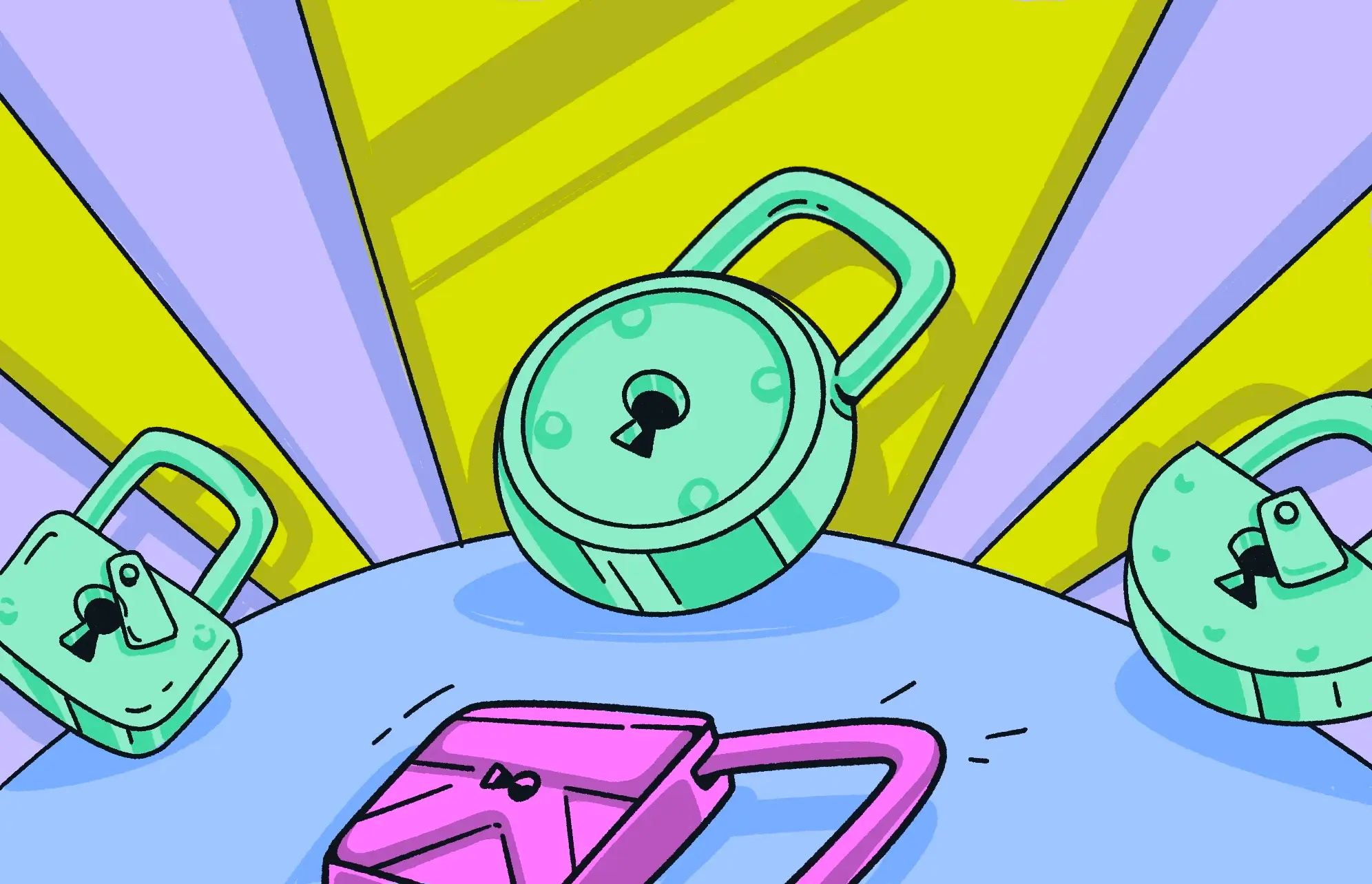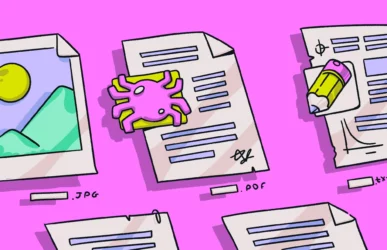If you’re in the United States and using Kaspersky as your antivirus solution, you’ll likely have noticed by now that it’s no longer working. So, what’s the full story of the Kaspersky scandal, and what software can you replace it with?
First off, don’t blame your Mac — there’s a good reason why Kaspersky has stopped. The answer, however, will mean looking for some Kaspersky alternatives.
Why do you need a Kaspersky replacement?
In case you missed the news, Kaspersky was banned by the US Government back in September on national security grounds. And it wasn’t a sudden development, either. Problems have been brewing for years.
It all stretches back to 2017 when Washington, concerned about deteriorating relations with Russia, decided to start removing Kaspersky from government computers. Their reasoning was that Russia could potentially use Kaspersky to spy on US government computers and/or launch cyberattacks against the US.
In other words, the Biden Administration was directly connecting Kaspersky to Vladimir Putin, the Russian government, and the Russian Federal Security Service (FSB).
Of course, Kaspersky vehemently denied all of the accusations, but nevertheless, the US persisted in their suspicions. Russia’s aggressive invasion of Ukraine didn’t help matters. And finally, this year, the issue came to a head with a complete ban on Kaspersky operations in the United States.
Why did the US ban Kaspersky?
The US banned Kaspersky on US national security grounds. This means:
- The US is accusing Kaspersky of being directly connected to the Russian government and its security services.
- By citing national security concerns, Washington is implying that Kaspersky can be weaponized in the form of spyware and cyberattacks, as well as withholding important malware updates and stealing sensitive US data.
- Kaspersky is accused of having vulnerable software (from a security point of view), making it easy for a bad actor to insert malware.
Top 5 alternatives to Kaspersky in 2025
Once you have Kaspersky off your computer, you’ll need a replacement. Are there any Kaspersky free alternatives? And which ones are the best? Here are our top 5 recommendations from the Kaspersky competitors.
1. Moonlock

Moonlock is an antivirus software that was built just for Mac — and for you. It’s a nice and easy-to-use piece of software built with the user in mind. This is why Moonlock is different from other antivirus apps.
Moonlock has been built from the ground up to find any and all malware that may be hiding in your device. It can run a Deep Scan that will scan everything, even files that are hidden and that may have lain dormant for years. It also employs real-time protection to make sure that your device is protected 24/7. Any threats or malicious software will be locked immediately, quarantined, and made ready for the user’s review and deletion.
It also has a built-in VPN, System Protection that helps you set your Mac’s security settings up for you to ensure the highest level of security possible, and Security Advisor that gives simple tips on security as you’re using your Mac.
Ready to replace Kaspersky? Here’s how to get started with Moonlock in minutes:
- Sign up for a free trial and download Moonlock.
- Run a Deep Scan.
- Review the Scan results and delete everything it found.
- Enable Real-Time Protection if it is not on already.
- Enable the VPN if you want extra security at home or are using public Wi-Fi.
- Review System Protection to make sure your system security settings are in good shape.

2. Norton
Norton has been around for a long time and benefits from major name recognition. They offer real-time protection against viruses, malware, ransomware, and online threats.
Norton detects malware via a combination of heuristic analysis and cloud-based threat detection. This involves analyzing the behavior of files and processes and using an international network of threat databases.
3. Avira
Avira highlights the fact that they have a free version of their antivirus software. But before you opt for the free option on this list, bear in mind that they distinguish between “free antivirus protection” and “premium antivirus protection.” This likely means that the protection you get for free won’t be the same as what you get if you pay for it.
However, Avira makes this list for being a lightweight, fast app with heuristic analysis and cloud-based threat detection. And if you’re looking for a free alternative to Kaspersky, some protection is better than no protection at all.
4. McAfee
McAfee is another big-name antivirus that has been around for a long time. With AI protection against SMS messages, color-coded links to show the safety of where you’re clicking, and a “protection rating” to give you an assessment of your online safety, McAfee has a lot to set itself apart.
5. AVG
Like Avira, AVG also likes to highlight the fact that they have a free version. But, like Avira, the free version is greatly restrained compared to the malware protection you’d get if you upgraded to a paid plan.
AVG has been around for a long time and is a well-regarded player in the antivirus industry. Its platform offers the usual real-time protection, firewall protection, email scanning, and ransomware protection.
What should you do if Kaspersky was on your device?
So, what if you had Kaspersky on your device already? Kaspersky, seeing that their appeals were not working, decided to voluntarily leave the US and began deleting themselves from people’s computers. But there was a catch.
In a business decision that won’t ever rank up there with the best, Kaspersky switched their US antivirus coverage over to UltraAV — which began installing on customer computers without prior consent. To make matters worse, when users tried to uninstall it, it immediately reinstalled itself, raising concerns of malware.
The bottom line is that if you’re in the US, Kaspersky is no longer on your computer, and you likely have UltraAV instead. Given the national security accusations and Kremlin connections with Kaspersky, it might be a good idea to delete UltraAV as well.
To be clear, no accusations have been leveled against UltraAV. The service switch and auto-installs seem to have been a straightforward business transaction between the two companies (albeit an ill-advised one). However, since UltraAV was forced upon users unwillingly, and some have reported not being able to uninstall UltraAV, it would make sense to remove it to be on the safe side. If UltraAV reinstalls itself on your device, you may be dealing with malware and should wipe your MacBook.
Or, you can try Moonlock. It will allow you to run a Deep Scan to find if there is any malware on your Mac, quarantine it from causing any more issues, and help you remove it for good. This way, you replace Kaspersky and UltraAV with a solution that’s actually designed to protect your MacBook.
The Kaspersky ban is a reminder of how the business landscape has evolved in times of war and international tension. Before the internet, countries would merely impose sanctions upon one another. Now, with all of us interconnected online, even our antivirus programs can be reverse-engineered to potentially work against us.
In the interests of self-protection, replace your Kaspersky/UltraAV antivirus software with a strong alternative, and kick the Kremlin off your computer.






